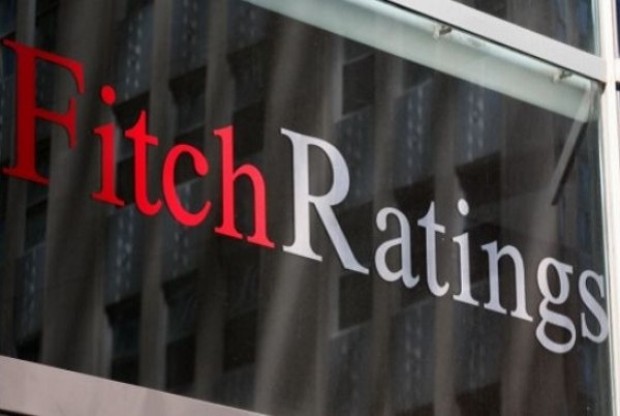Debt watcher Fitch Ratings has kept the country’s investment grade status with a “stable” outlook, citing the country’s strong medium-term growth prospects.
Fitch Ratings expects the economy to expand by 5.8 percent in 2024, up from 5.5 percent last year, but adverse effects of the El Niño and La Niña climate phenomena may dampen economic growth.
Prospects should be better in the medium term, however.
“We forecast real GDP (gross domestic product) growth of above 6 percent over the medium term, considerably stronger than the ‘BBB’ median of 3 percent, supported by large investments in infrastructure and reforms to foster trade and investment, including public-private partnerships,” Fitch Ratings said in its statement issued on Friday.
In the first quarter, the country’s GDP grew by 5.7 percent, outperforming most of its peers in Southeast Asia despite slowing consumption and government spending.
But at the same time, Fitch noted the risk of a wider budget deficit following the Marcos administration’s commitment to higher public spending to accelerate growth.
“We believe there is some risk of further fiscal slippage, given the government’s continued focus on economic growth and the approach of mid-term elections in May 2025,” Fitch Ratings said.
The government already raised its budget deficit projection for 2024 to P1.5 trillion or 5.6 percent of GDP, from the previous forecast of P1.4 trillion (5.1 percent of GDP) with the less upbeat outlook on economic growth due in part to high inflation plus high interest rates.
Despite this, Fitch Ratings kept the coveted triple-B rating of the Philippines, which implies lenders’ continued belief in the Philippines’ ability to pay its obligations and its growth outlook.
BSP welcomes rating
The “stable” outlook, meanwhile, means that there is a low likelihood of a change in the credit rating in the next one to two years.
Bangko Sentral ng Pilipinas (BSP) Governor Eli Remolona Jr. on Saturday welcomed the debt watcher’s rating as it recognizes the “central bank’s efforts to keep inflation within target and highlighted the BSP’s data-driven approach to setting monetary policy.”
Fitch Ratings expects the headline inflation to remain at the upper half of the government’s 2 to 4 percent target range for the year despite the possibility of rate cuts toward the end of the year.
Inflation in April accelerated to a six-month high of 3.9 percent year-on-year, driven by higher costs of utilities and transportation.
For the first five months, inflation averaged 3.5 percent, matching the BSP’s full-year forecast.
The Monetary Board last month retained its benchmark policy rate at a 17-year high of 6.5 percent. The central bank raised borrowing costs by 450 basis points from May 2022 to October 2023.
The BSP will also consider the latest inflation data in its next policy review on June 27.
Budget Secretary Amenah Pangandaman likewise welcomed Fitch Ratings’ affirmation of the country’s investment grade rating.
“It bears noting that Fitch cited the Philippines’ strong medium-term growth as one of the reasons for our rating,” she said, “We hope to sustain our momentum for growth and keep our lead as one of the fastest growing economies in Southeast Asia.” INQ
